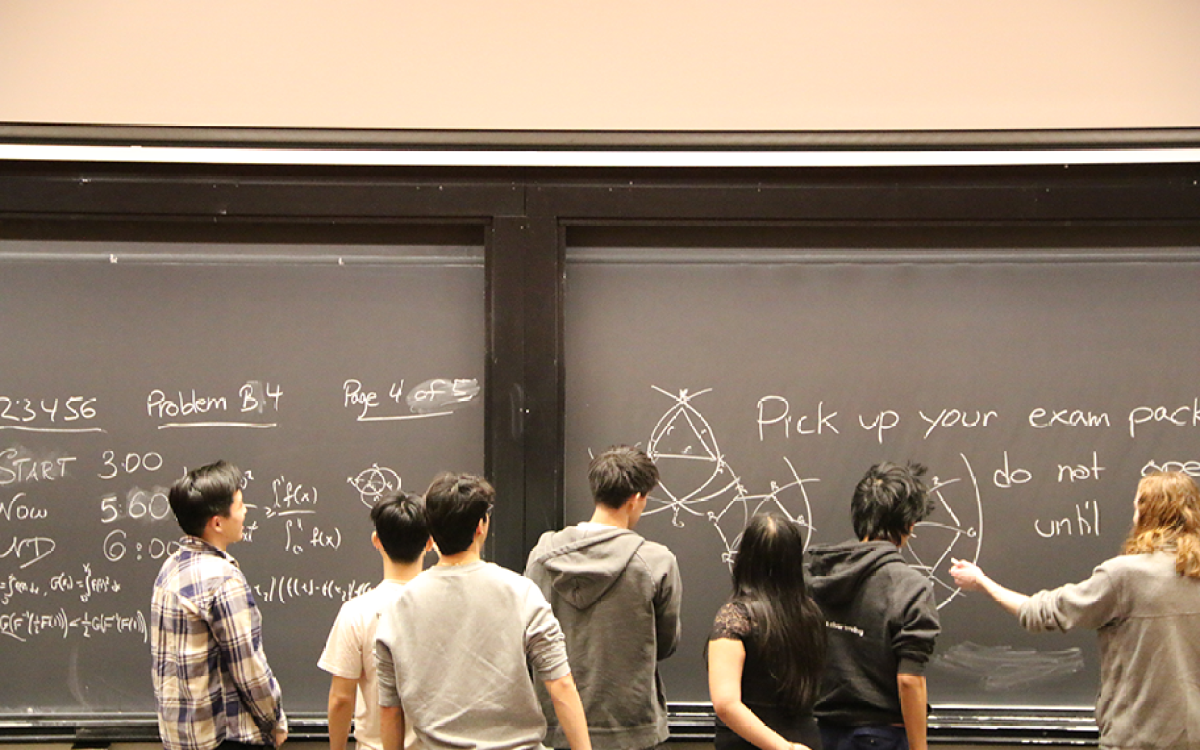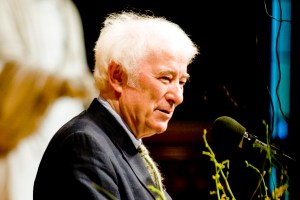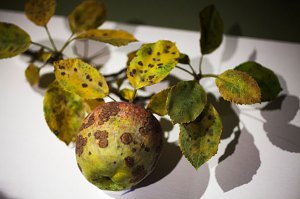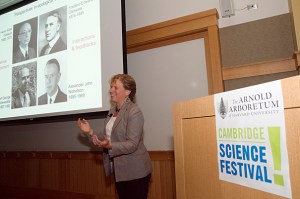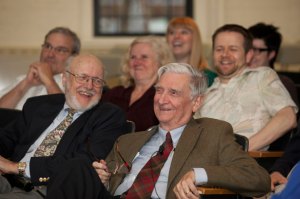Tag: Harvard Museum of Natural History
-
Arts & Culture
Artful balance
Carolyn Christov-Bakargiev spoke at Harvard about her work with exhibit “dOCUMENTA (13,” launching a new annual program on curatorial practice.

-
Health
How Earth was watered
Evidence is mounting that Earth’s water arrived during formation, aboard meteorites and small bodies called “planetesimals.”
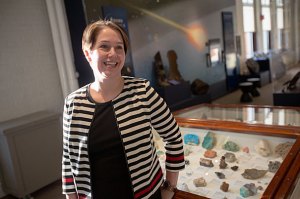
-
Campus & Community
A museum as school lab
Hundreds of Cambridge sixth-graders swarmed the Harvard Museum of Natural History for a look at prehistoric New England.
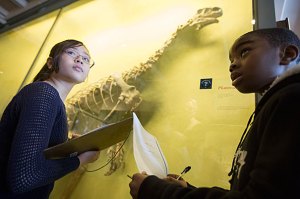
-
Health
Evolution in real time
After 26 years of workdays spent watching bacteria multiply, Richard Lenski has learned that evolution doesn’t always occur in steps so slow and steady that change can’t be observed.
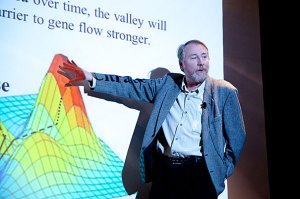
-
Arts & Culture
At one with Thoreau
Scot Miller’s photographs from the Maine wilderness, inspired by Thoreau’s “Maine Woods,” are on display at the Harvard Museum of Natural History.

-
Health
Fin to limb
New research brings scientists closer to unraveling one of the longest-standing questions in evolutionary biology — whether limbs, particularly hind limbs, evolved before or after early vertebrates left the oceans for life on land.

-
Health
Saving tortoises by a hair
Five species of giant, long-lived Galapagos tortoises are thought to have gone extinct, but recent DNA analysis shows that some may survive on other islands in the archipelago, according to work by Michael Russello, Harvard Hrdy Fellow in Conservation Biology.

-
Campus & Community
A walk in Thoreau’s woods
The Harvard Museum of Natural History’s “The Language of Color” exhibition, which was supposed to close in 2009 but remained popular among visitors, will close in October to make way for a new exhibition on Thoreau’s Maine woods, featuring the work of photographer Scot Miller.
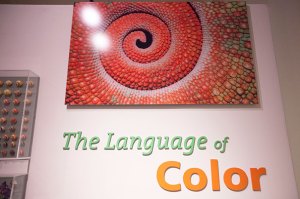
-
Campus & Community
Collaborative museums
Harvard Museums of Science & Culture, the new public face of the FAS science museums, has enjoyed a successful first year with new programs and exhibits and a record number of visitors.
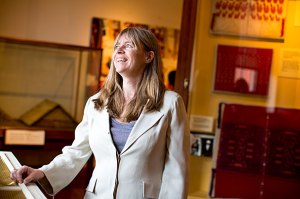
-
Science & Tech
Looking at chimp’s future, seeing man’s
The fate of chimpanzees in Africa is largely in the hands of increasing numbers of poor, rural dwellers crowding the primates’ forest homes. That is why an educational project begun near Uganda’s Kibale National Forest focuses on 14 schools teaching almost 10,000 children, researchers say.

-
Campus & Community
What rocks can teach
The Harvard Museum of Natural History has opened its renovated Earth and Planetary Sciences gallery, linking the fantastic mineral displays to the story of the Earth and the work of faculty members who conduct research on geological processes.
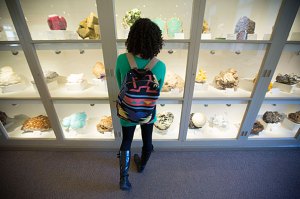
-
Health
Not as evolved as we think
Lest you think you’re at the top of the evolutionary heap, looking down your highly evolved nose at the earth’s lesser creatures, Marlene Zuk has a message for you: When it comes to evolution, there is no high or low, no better or worse.
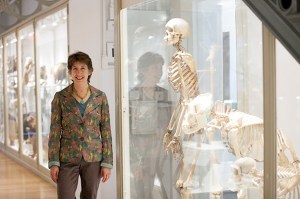
-
Health
The ants come marching
Aaron Ellison, a senior research fellow in ecology at Harvard Forest, has co-authored a new book, “A Field Guide to the Ants of New England.” During a discussion, he explained their pivotal importance to nature.
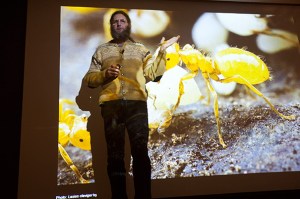
-
Science & Tech
An invasion of New England
While new species naturally expand to other places and sometimes disrupt the scene when they arrive, the pace of introduction of invasive species has picked up enormously over the past century and a half, stressing and transforming New England forests.

-
Science & Tech
Using evolution to understand pollution
A tool rarely used to understand the impact of pollution on the natural world is evolution, an oversight that an environmental toxicologist says is robbing investigators of important information.
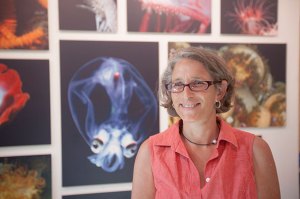
-
Health
The tangled web around spiders
A biologist with an affinity for spiders shared his passion, taking the audience on a tour of arachnids large and small and making a pitch for their conservation as natural pest control.
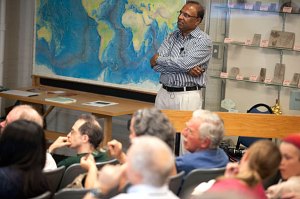
-
Campus & Community
‘Spider-Man,’ the scavenger hunt
The Harvard Museum of Natural History has launched a summer-long program called Spider Sense! Scavenger Hunt, designed to entertain fans of the comics character and natural science alike.

-
Campus & Community
Straight from the farm
Harvard welcomed back farmers’ markets in Allston and Cambridge.
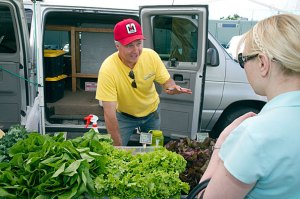
-
Science & Tech
Touch, drag, learn
Research by computer scientists, biologists, and cognitive psychologists at Harvard, Northwestern, Wellesley, and Tufts suggests that collaborative touch-screen games have value beyond play.

-
Health
Fish in depth
The renovated fish gallery at the Harvard Museum of Natural History, open as of June 2, includes displays that explain both fish biology and the science being conducted on the topic at Harvard.

-
Campus & Community
Into local libraries, and into lives
The John Harvard Book Celebration program included the donation of more than 400 books to libraries, 17 lectures by Harvard faculty and members of Harvard’s Board of Overseers at local libraries, and 18 programs for children and youth. The programming reached more than 200 children and youth in the Greater Boston area this spring, concluding…

-
Science & Tech
The whys of religion vs. evolution
University of Chicago evolutionary biologist Jerry Coyne says that dysfunction within American society promotes high levels of religious belief that in turn blocks general acceptance of evolutionary theories.
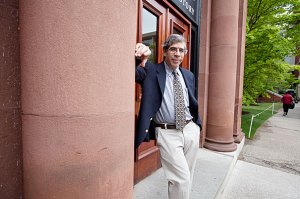
-
Health
Clams, snails, and squids, oh my!
A new Museum of Natural History exhibit focuses on the enormous diversity of mollusks, which live everywhere from the deep ocean to fresh water to land.

-
Science & Tech
Trouble afloat: Ocean plastics
Plastic pollution in the oceans is a large and growing problem, but one that may be out of the reach of consumers to solve and instead may require cooperation from industry, said Max Liboiron, regional co-director of the Plastic Pollution Coalition.
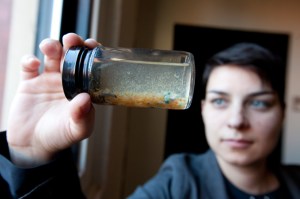
-
Health
The search for life’s stirrings
As science wrestles with the problem of how life arose on Earth, hindsight shows that seemingly intractable obstacles can have simple, even elegant solutions, said Nobel laureate Jack Szostak.

-
Science & Tech
Planets, planets everywhere
The rapid rise in discoveries of planets circling other stars is changing astronomers’ views of the galaxy and the Earth’s place in it, giving impetus to the search for extraterrestrial life, astronomer and Radcliffe Fellow Ray Jayawardhana says.

